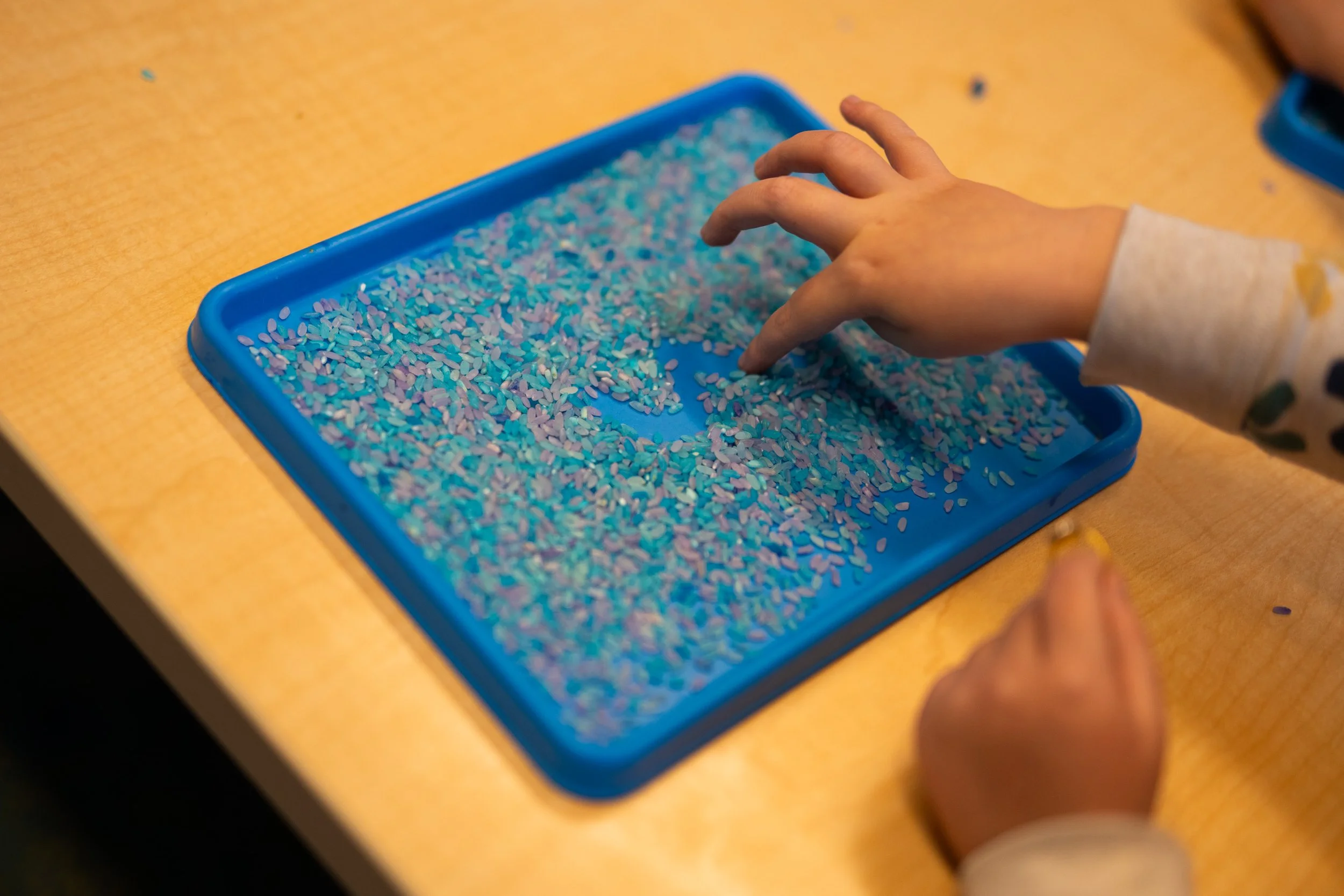Root Words: A Parent's Guide To Building Strong Language Skills
Are you looking for simple ways to help your child grow their vocabulary and become a confident reader? Root words can be an excellent tool—especially for children ages 5–8 who are beginning to read independently and explore new vocabulary.
Learning root words is one of the most effective methods to support your child’s language development—and it can be fun too! Root words are like puzzle pieces: once kids understand how they work, they can start putting together bigger, more complex words with ease.
Are you new here? Welcome! I’m Miss Beth, the founder of Big City Readers—a different kind of early childhood development. I believe children need flexibility and fun to engage and grow as readers. Not all kids learn from sitting at a desk, and my job as an educator is to find the best solution for every child. I use the 5 building blocks of early literacy: read, write, sing, talk, and play, along with the Orton-Gillingham method, which taps into the three learning pathways—visual, auditory, and kinesthetic.
Today, we’re diving into root words—what they are, why they matter, and how you can teach them at home in ways your child will love. So let's dig in!
What Are Root Words?
Let’s start with the basics: what exactly is a root word?
A root word is the base part of a word that holds its core meaning. It’s like the foundation of a house—everything else (prefixes and suffixes) builds on top of it. For example:
The root word “play” forms related words like player, replay, and playful.
The root word “help” becomes helper, helpful, or unhelpful.
Root words can stand alone (like play) or serve as the building blocks for more complex vocabulary. Many root words also come from Latin or Greek origins, which means understanding them can unlock meanings in academic or technical terms later in life (bio = life → biology = study of life).
Now, I’m not saying you have to start by diving into the most complex root words, but even simple root words make all the difference. When kids learn to recognize root words, they gain a powerful tool for decoding unfamiliar vocabulary. It’s like giving them a secret code to crack new words!
List Of Common Root Words
Play: player, replay, playful, playground
Help: helper, helpful, unhelpful, helpless
Act: action, react, active, actor
Bio: (life): biology, biography, biome, biohazard
Port: (to carry): transport, export, portable, report
Dict: (to say): dictate, dictionary, predict, contradict
Aqua: (water): aquarium, aquatic, aquamarine, aqueduct
Graph: (to write/draw): autograph, biography, graphic, paragraph
Cycle: (circle): bicycle, recycle, cyclical
Phone: (sound): telephone, microphone, phonics
Therm: (heat): thermometer, thermal, thermostat
Geo: (earth): geography, geology, geothermal
Meter: (measure): centimeter, kilometer, barometer
Spect: (to see): spectator, inspect, spectacle
Cred: (to believe): credible, credit, incredible
Vis/Vid: (to see): vision, visible, video
Struct: (to build): structure, construct, destruction
Aud: (to hear): audible, audience, audition
Ped/Pod: (foot): pedal, pedestrian, podiatrist
Logy: (study of): biology, psychology, geology
Why Are Root Words Important For Your Child?
You might be wondering: Why should my child focus on root words? Here’s why they’re such an important part of language learning:
Vocabulary Growth
Learning root words helps children understand how words are built. Once they know that act means “to do,” they can easily figure out related words like action, react, or active. This knowledge allows their vocabulary to grow exponentially without feeling overwhelmed.
Improved Reading Comprehension
When kids encounter unfamiliar words in books, recognizing familiar roots gives them clues about what those words mean. For example, if your child knows that port means “to carry,” they can guess that transport has something to do with carrying things from one place to another.
Confidence In Spelling
Breaking down longer words into roots and affixes makes spelling less intimidating. For instance, understanding that unhelpful is just help with a prefix (un-) and suffix (-ful) makes it easier to spell correctly.
Cross-Subject Benefits
Root word knowledge doesn’t just help in English class—it’s useful in science, math, history, and more. It’s a skill that supports learning across all subjects!
By teaching your child about root words, you’re not just helping them with today’s vocabulary list—you’re setting them up for lifelong learning success.
How Can Parents Reinforce Root Words At Home?
The best part about teaching root words? It doesn’t require expensive materials or hours of prep time! Here are some fun and easy ways to practice at home:
Play Word-Building Games: Use magnetic letters or flashcards to create new words from roots. For example, start with “help” and add endings like helper, helpful, or even prefixes like unhelpful. Challenge your child to think of as many “play” words as possible (playground, replay, etc.). These games turn learning into playtime!
Read Together: Books are full of opportunities to explore root words! As you read aloud with your child, pause when you come across interesting vocabulary: “Look at this word—reaction! What do you think it means if we know that ‘act’ means ‘to do’?” This simple exercise builds awareness without feeling like a lesson.
Write Silly Sentences: Challenge your child to write silly sentences using as many derived words as possible from one root: “The playful player replayed the game while playing on the playground.” This activity reinforces learning while sparking creativity!
Signs Your Child Is Benefiting From Learning Root Words
So… how can you tell if all this effort is paying off? Look for these signs:
Your child starts decoding unfamiliar words more easily during reading time.
They notice connections between related terms.
They use more complex vocabulary confidently in writing or conversations.
Celebrate these milestones—it shows they’re growing as readers and thinkers!
Want To Take Your Child’s Learning Development Even Further?
Supporting your child's growth as a reader and overall student doesn’t happen overnight! With a focus on strengthening reading, writing, and math skills, our First Grade Bootcamp will help your child build confidence and be fully prepared to take on the challenges of first grade.
First Grade Bootcamp - Preparing For Challenges
If you’re looking to help guide your child through root words and so many more learning foundations, this course includes 20 guided video lessons with Miss Beth, featuring building sentences, blending and counting sounds, understanding heart words, and more! Each lesson is about 15 minutes.
Root Words Help Build Lifelong Learners!
Root words aren’t just about today—they’re about preparing your child for future success. By mastering these building blocks early on, kids gain tools to expand their vocabulary independently and communicate effectively in any setting.
Whether they’re reading a novel or tackling a science textbook, understanding root words gives kids the confidence to explore language fearlessly—and that confidence will carry them through school and beyond.
Do you have any favorite strategies for teaching root words at home? Share them in the comments below—I’d love to hear from you! And to see the latest child development tips, check out my recent posts:






Adjectives for kindergarteners help turn everyday moments into rich language experiences. In this post, you’ll learn seven fun, simple ways to practice describing words at home through reading, play, and conversation.